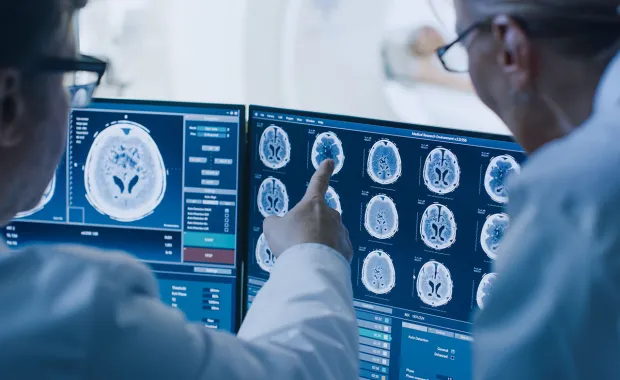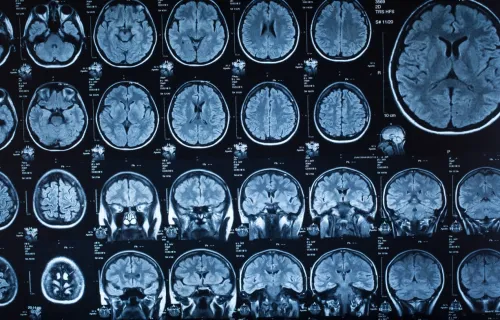We use our own and third-party cookies to provide a smooth and secure website. Some are necessary for our website to function and are set by default. Others are optional and are only set with your consent to enhance your browsing experience. You may accept all, none, or some of these optional cookies.
On July 5, across the UK we celebrated 75 years of the NHS. An organisation which, today, is one of the UK’s most loved institutions, respected across the world. The brainchild of the then-Minister of Health, Aneurin Bevan, it has grown into a vital service for millions, with more people working for in it than any other organisation in the UK, ensuring that everyone has access to the care they require, regardless of their background or financial circumstances.
Yet, as well all know the pressures and demands on the NHS are increasing - changing NHS staffing and patient lifespans, disease burden, public expectations and technological innovation adding to these pressures. It leads me to think that the NHS itself needs some holistic care and support to ensure it can continue to provide everyone in the UK with the right integrated healthcare, according to their needs.
Over the last 75 years innovation and technology advances have been mind boggling in every industry. This has been no less extraordinary in the fields of health and social care - medical breakthroughs like functional MRI (Magnetic Resonance Imaging), organ transplants, HIV treatments, targeted cancer treatments, minimally invasive surgical procedures, AI and robotic surgery and revolutionary wearable tech - to name a few. And of course, we cannot forget that the UK and the NHS was the first country to deploy an approved COVID-19 vaccine in 2020. The pandemic also saw the NHS explore further how technology and the power of data helps to provide safer and more compassionate care to patients and improves more effective workforce collaboration.
As life expectancy increases so does the rise in more complex medical conditions and the need for better and more advanced health care. Care that improves patient outcomes, closes inequalities, and enhances NHS productivity and efficiencies. As such, technology does, and will continue to have a critical role to play in ensuring that the NHS is able to provide the best, most advanced, and innovative care for patients, for future decades.
As we better understand and increasingly move towards preventative care the NHS needs partners that understand the organisation’s complexity and challenges in an entirely holistic way. And most importantly these partners must understand the opportunities that technology and new innovative advancements can bring to help protect and retain one of our country’s greatest assets. To support the NHS to become more efficient and sustainable, technology and data has a key role to play as an enabler. To realise greater adoption of technology requires the involvement of all parts of the system – consumers, clinicians, local and regional management, regulators, the Department of Health, and the IT industry. But it should go beyond this ecosystem to leverage and access the very best innovation from across the UK to include SME’s, the third sector, academia and the wider private sector as well as patients and their families - to bring cross industry lessons and innovations.
Technology has so much potential for the future of the NHS. It can enable individuals to be more active in the prevention of ill health and promote healthy bodies and minds, enable early diagnosis, empower self-management, support general wellbeing. It can also offer employees a more enjoyable working experience by empowering them with rich data to make better decisions with and to spend more time with hands on care and less on administrative duplicative tasks that add no value to the patient in their pathway.
The UK is world leading in technology, innovation, research and talent which when brought to bear, will collectively take on the challenge of the whole NHS system transformation to deliver improvements that will benefit everyone; optimising patient experience and engagement, creating clinical capacity, retaining our much talented workforce, transforming legacy systems and accelerating digital transformation. It will also deliver more joined up data and systems interoperability, and offer advanced cyber security to protect systems, assets, people and our critical national infrastructure.
At the heart of this people powered, data enabled, outcomes focused transformation, should be transparent collaboration and cooperation across every sector. By doing things a little differently we can ensure we protect the NHS for the next 75 years, and beyond.






